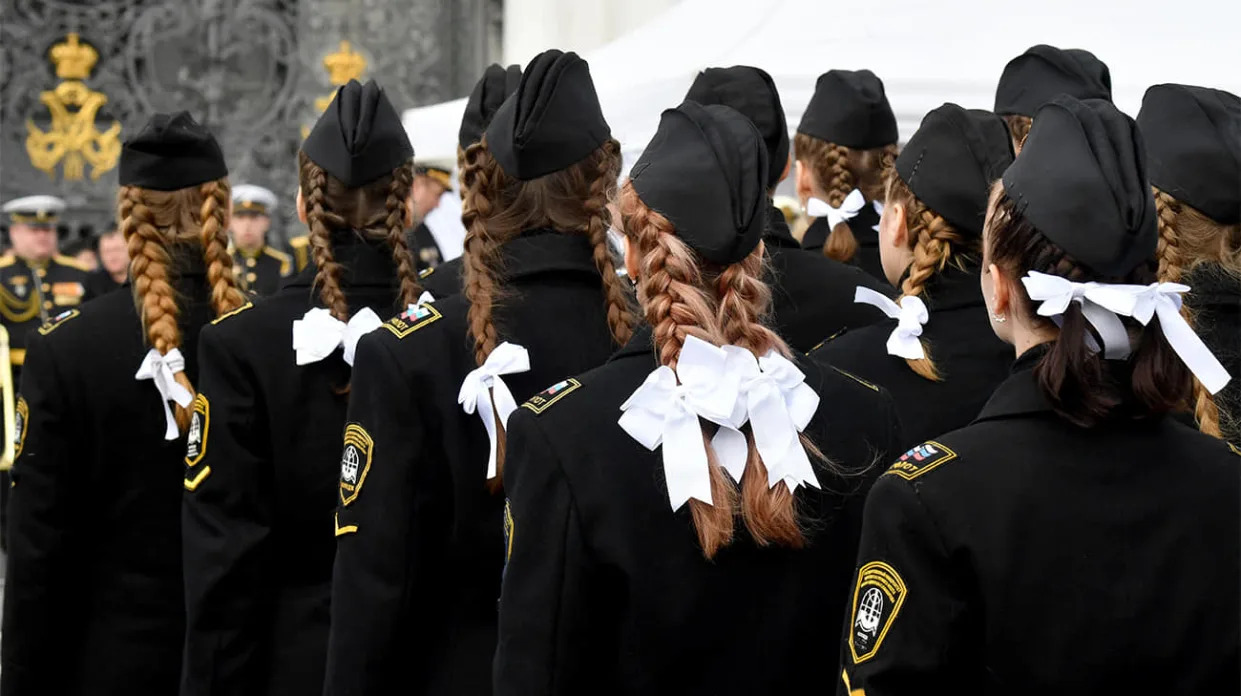Business Insider
Russia can keep bleeding tanks and other equipment like it has been in Ukraine for at least another 2 to 3 more years, war analysts say
Ella Sherman – February 13, 2024
- Russia can sustain its current equipment loss rates with what it is making and has in storage for at least 2 to 3 more years, a new analysis says.
- Some of what Russia has in storage is outdated and not necessarily of the same quality as the systems lost in battle.
- Ukraine has kept up its arsenal, but it’s struggling to field new units with sufficient equipment.
Russia is making enough new tanks, fighting vehicles, and other equipment and has enough in storage to sustain its losses in Ukraine, which have been horrendous, for 2 to 3 more years, maybe even longer, according to a new analysis.
“Despite losing hundreds of armoured vehicles and artillery pieces per month on average, Russia has been able to keep its active inventory numbers stable,” the International Institute for Strategic Studies concluded in a Monday report.
Using aerial imagery, the London-based think tank determined that Russia has at least 12 artillery storage bases, 10 central tank reserve bases, and at least 37 mixed equipment and armaments storage bases. The exact number of weapons stored that require restoration and activation for use is unclear though.
The new report said that Russia is capable of efficiently replacing its losses through production and its storage and reserve capacity. “Equipment replenishments were roughly keeping pace with battlefield attrition,” IISS said, pointing to conclusions that it arrived at in an assessment last year.
The UK Ministry of Defense reported that Russia was capable of producing 100 new tanks a month, but experts recently told Business Insider that the new tanks being manufactured were likely older models.
Russia has lost thousands of armored vehicles since last February, and it suffered immense losses on the front lines around Avdiivka in fall 2023. The country has been replenishing equipment losses, as well as manpower losses, but in this war, it has at times resorted to using older armored vehicles, such as T-62s and even T-55s.
The situation for Ukraine is a bit murky, IISS acknowledged, but the country’s arsenal of main battle tanks is believed to be around pre-war levels while Western provisions have increased the availability of some other armored vehicles.
Additionally, the country has been able to use a many of the Russian tanks it has captured.
But Ukraine’s efforts to put additional combat elements in the field have been hindered by insufficient supplies, IISS reported, noting that these problems have been “leaving some units lacking equipment to be even close to full strength.”
US aid for Ukraine has been stalled in Congress for weeks, and if the support continues to be withheld, greater strain could end up being placed on the Ukrainian military.





